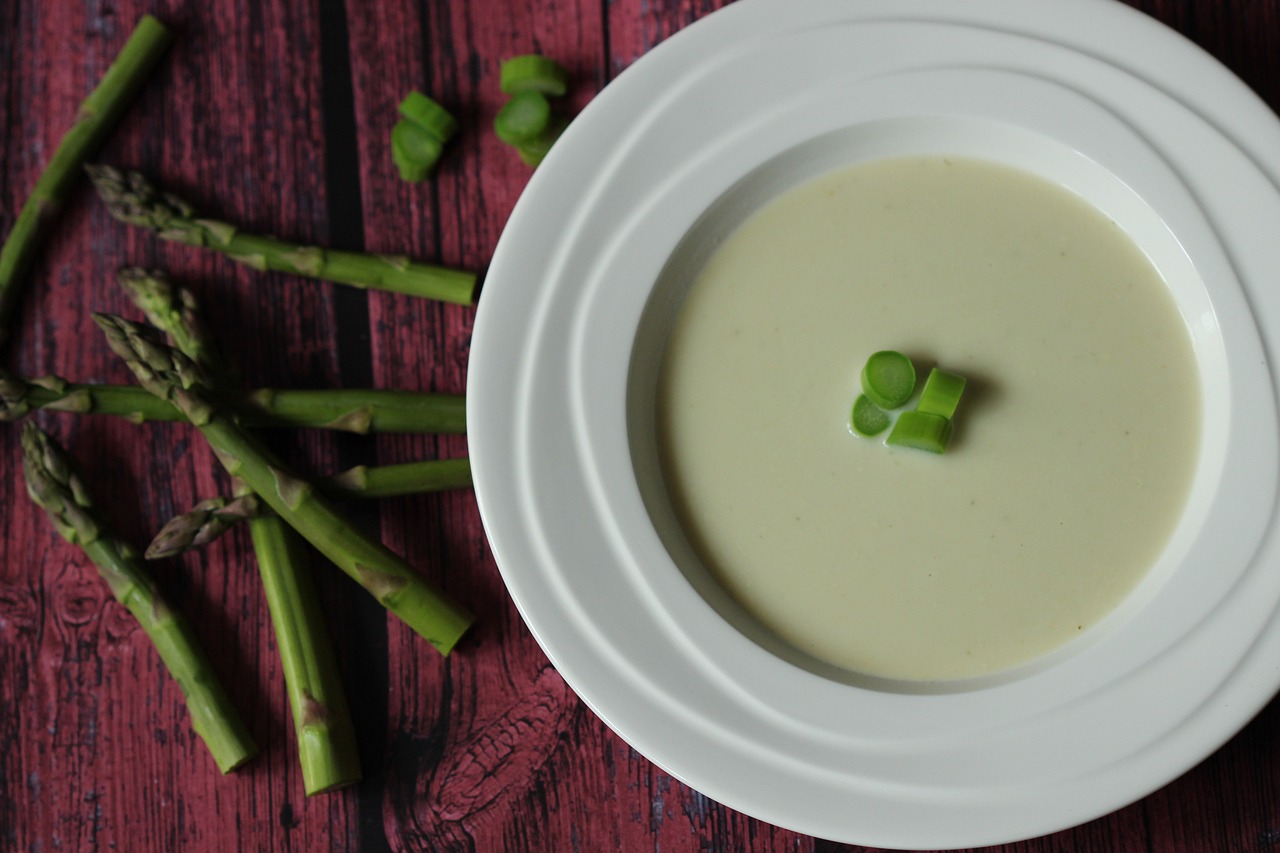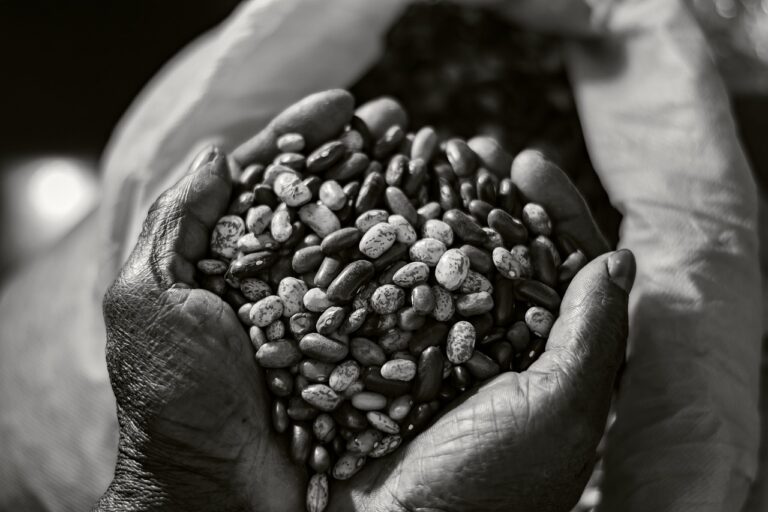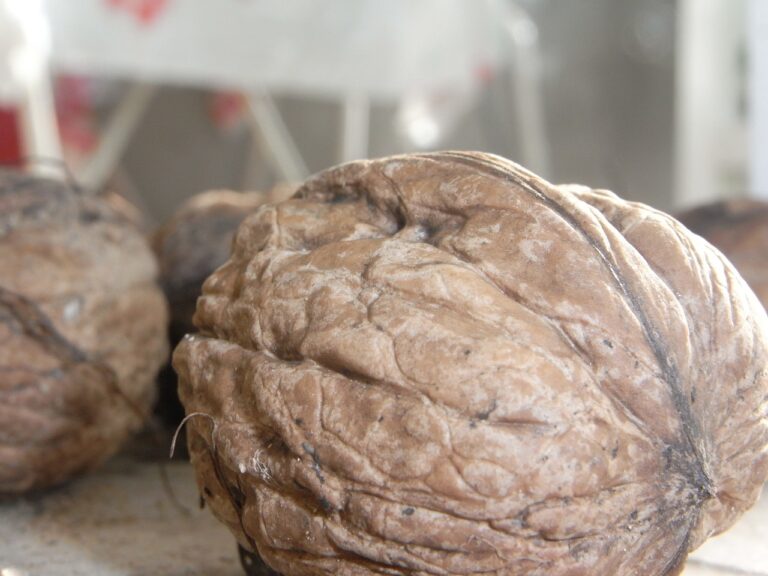Analyzing consumer willingness to pay premiums for organic pulp and puree products: Bet book 250.com, Radhe exchange login, Yolo247 club login
bet book 250.com, radhe exchange login, yolo247 club login: Consumers today are more health-conscious than ever before, seeking out products that are not only nutritious but also sustainably produced. This trend has led to a growing demand for organic pulp and puree products, which are made from fruits and vegetables grown without synthetic pesticides or fertilizers. While organic products typically come with a higher price tag than their conventional counterparts, many consumers are willing to pay a premium for the perceived health and environmental benefits they offer.
In this article, we will delve into the factors that influence consumer willingness to pay premiums for organic pulp and puree products, as well as strategies that companies can use to capitalize on this growing market trend.
1. Consumer Perceptions of Organic Products
One of the key factors driving consumer willingness to pay premiums for organic pulp and puree products is the perception that these products are healthier and safer than their conventional counterparts. Studies have shown that consumers believe organic products to be free of harmful chemicals and pesticides, making them a better choice for their health and well-being.
2. Environmental Concerns
Another important factor influencing consumer willingness to pay premiums for organic products is the growing concern for the environment. Organic farming practices are seen as more sustainable and eco-friendly, as they minimize the use of synthetic chemicals and promote biodiversity. Consumers who prioritize environmental sustainability are often willing to pay more for organic products to support these practices.
3. Taste and Quality
Many consumers also perceive organic pulp and puree products to be of higher quality and better taste than conventional products. Organic fruits and vegetables are often grown in nutrient-rich soil, which can enhance their flavor and nutritional content. This perception of superior taste and quality can justify a higher price point for organic products in the eyes of consumers.
4. Trust and Transparency
Consumers value transparency and trust in the companies they choose to purchase products from. Organic products are often associated with stringent certification standards and regulations, which can give consumers peace of mind that they are getting a genuine, high-quality product. Companies that are transparent about their organic sourcing and production practices can build trust with consumers, encouraging them to pay a premium for their products.
5. Marketing and Branding Strategies
Effective marketing and branding strategies can also influence consumer willingness to pay premiums for organic pulp and puree products. Companies that highlight the health benefits, environmental sustainability, and superior quality of their organic products can appeal to consumers’ values and preferences, making them more willing to pay a higher price. Building a strong brand identity around organic and natural values can differentiate a company in the competitive market landscape and attract loyal customers willing to invest in premium products.
6. Educating Consumers
Education plays a crucial role in shaping consumer attitudes towards organic products. Companies can invest in consumer education initiatives to raise awareness about the benefits of organic farming practices, the differences between organic and conventional products, and the impact of their purchasing decisions on their health and the environment. By empowering consumers with knowledge, companies can cultivate a more informed and engaged customer base that is willing to pay premiums for organic pulp and puree products.
In conclusion, consumer willingness to pay premiums for organic pulp and puree products is driven by a combination of factors, including perceptions of health and safety, environmental concerns, taste and quality, trust and transparency, marketing and branding strategies, and consumer education. Companies that understand these factors and leverage them effectively can capitalize on the growing demand for organic products and build a loyal customer base willing to invest in premium offerings.
FAQs
1. Are organic pulp and puree products really worth the higher price?
Many consumers believe that the health benefits, superior taste, and environmental sustainability of organic pulp and puree products justify the higher price they command. Ultimately, the value of organic products comes down to individual priorities and preferences.
2. How can I tell if a product is truly organic?
Look for certification labels from reputable organizations such as the USDA Organic or the European Union’s Organic Farming Certification. These labels indicate that the product meets strict organic standards and is free of synthetic pesticides and fertilizers.
3. Are there any downsides to buying organic pulp and puree products?
While organic products offer many benefits, they can be more expensive than conventional products and may have a shorter shelf life due to the absence of preservatives. It’s important to weigh these factors against the perceived health and environmental benefits of organic products.







